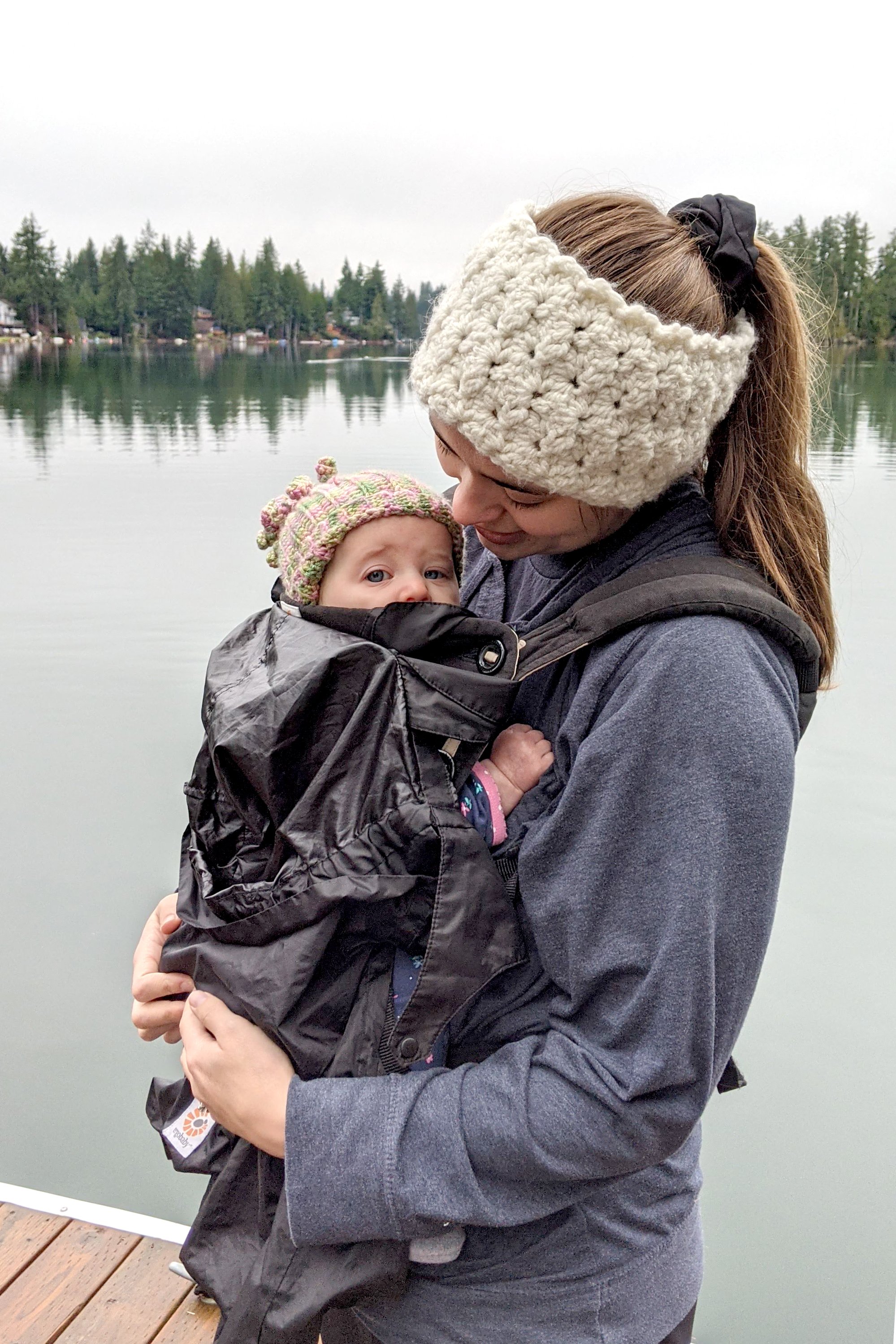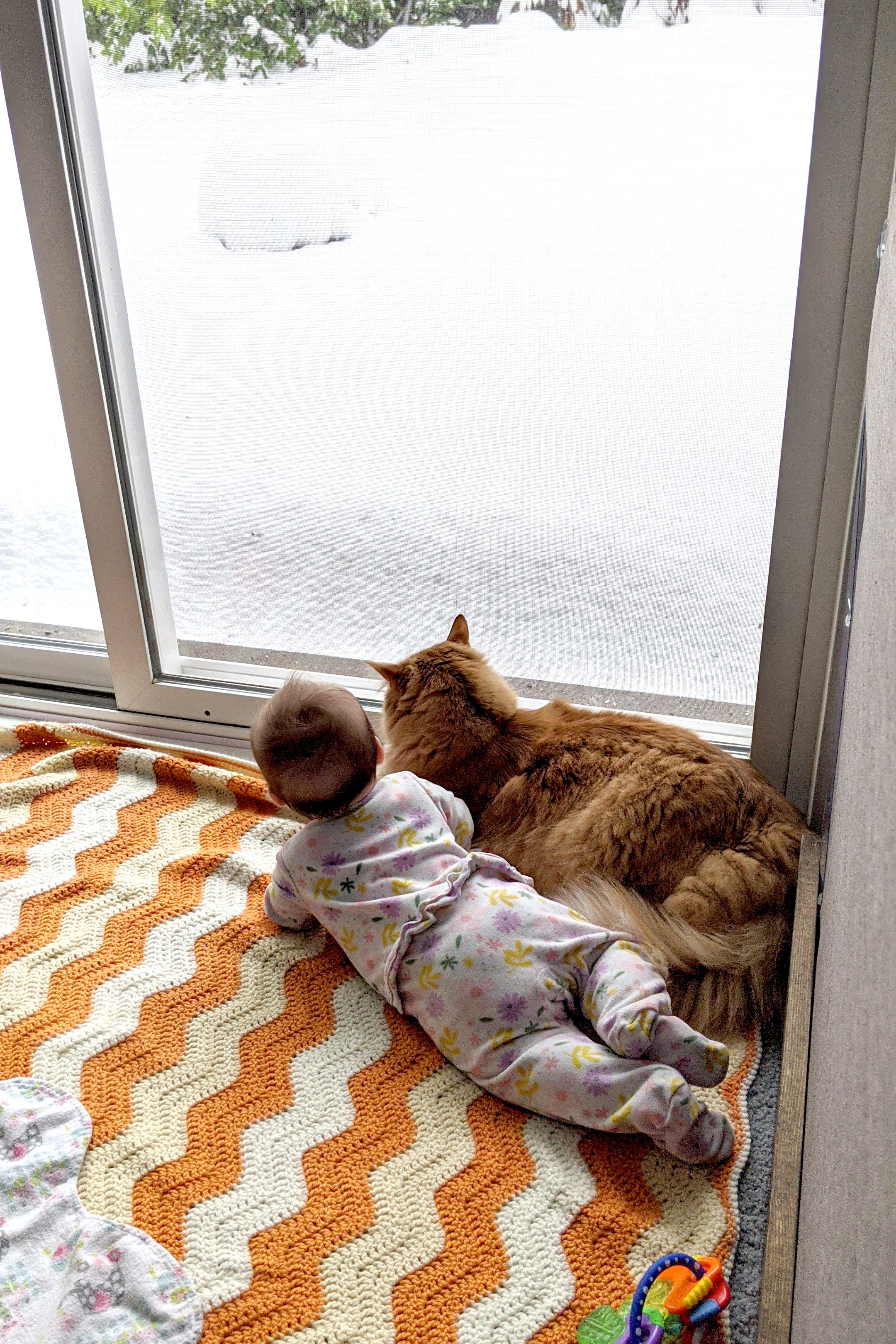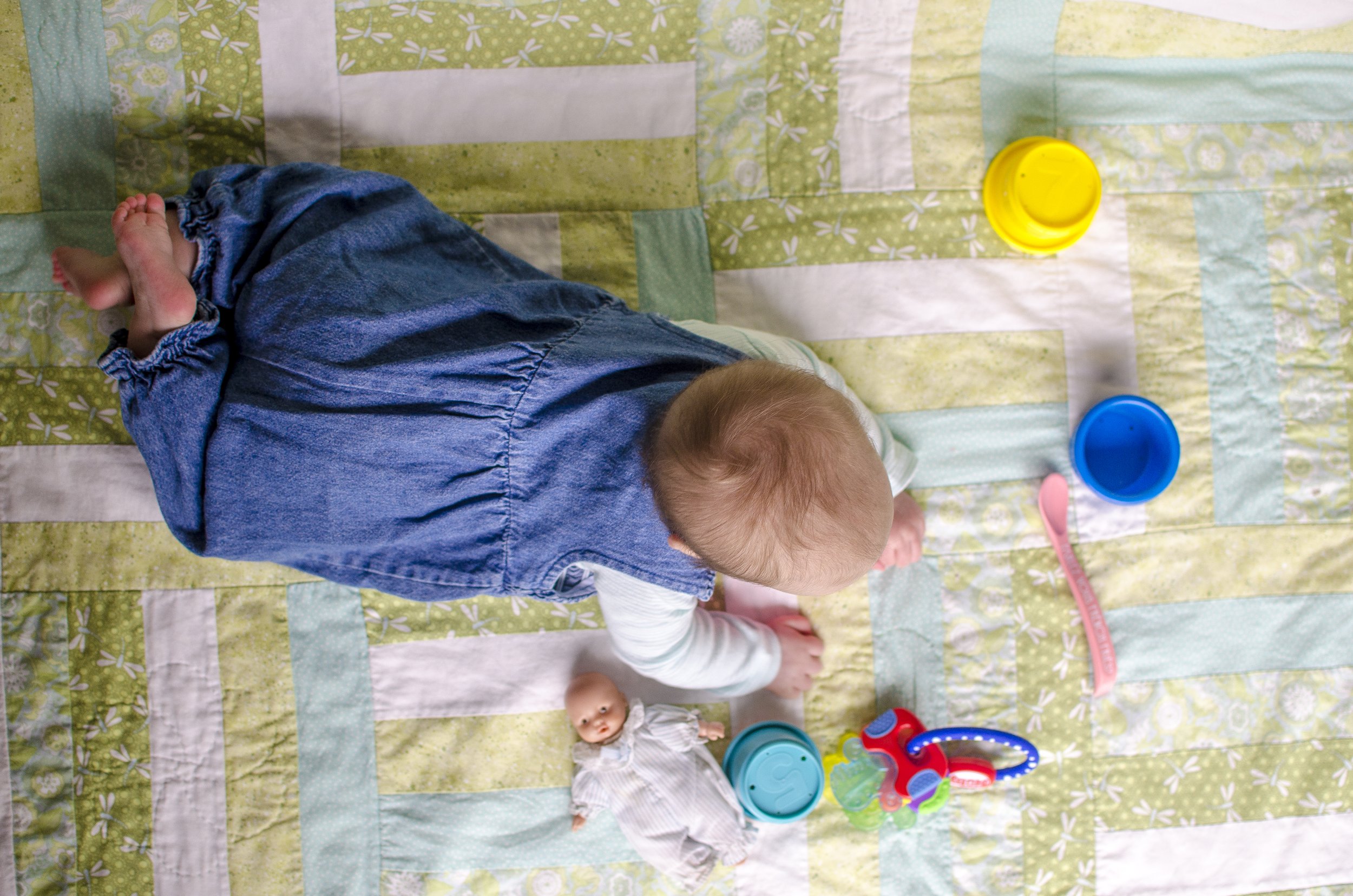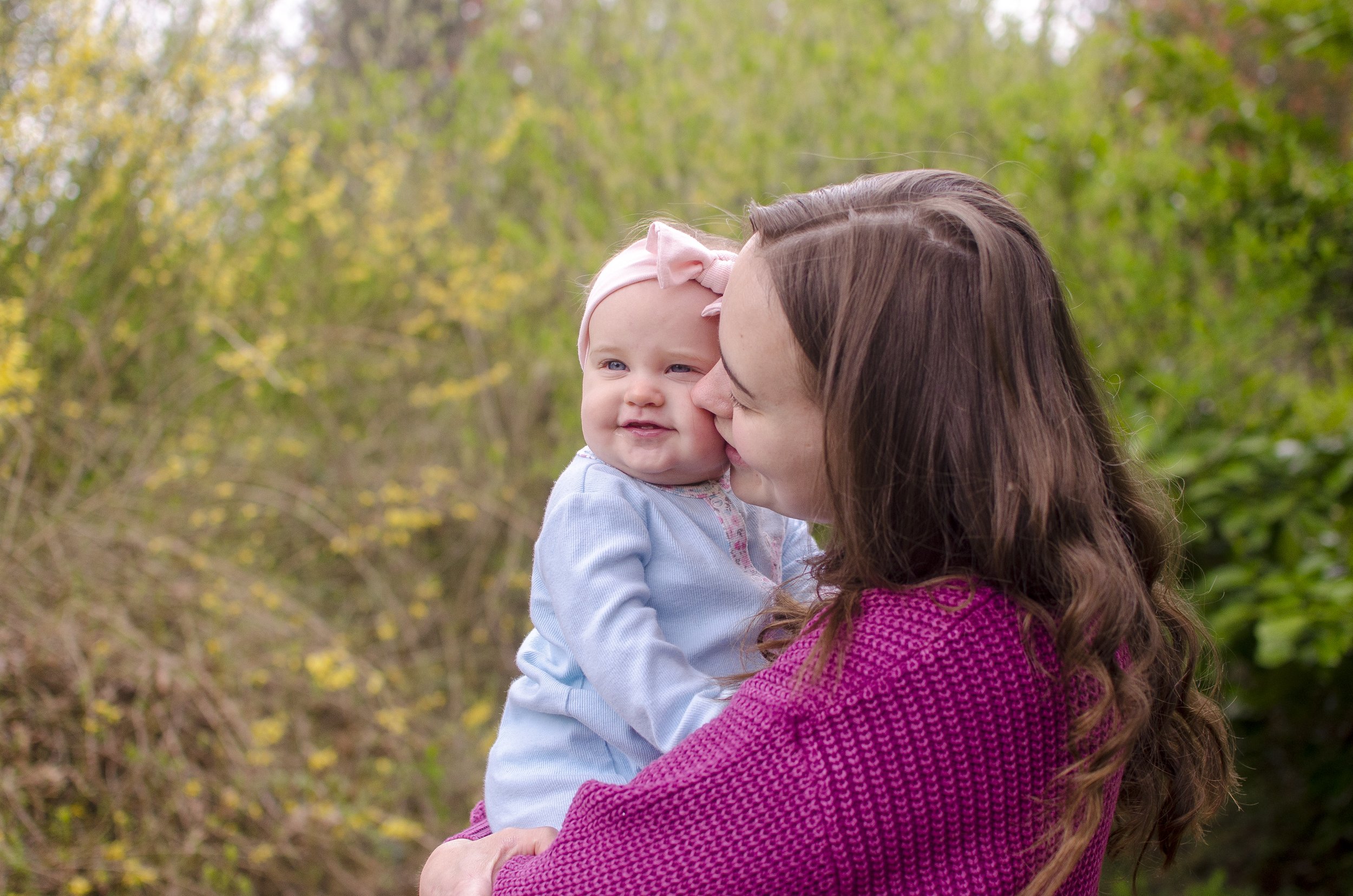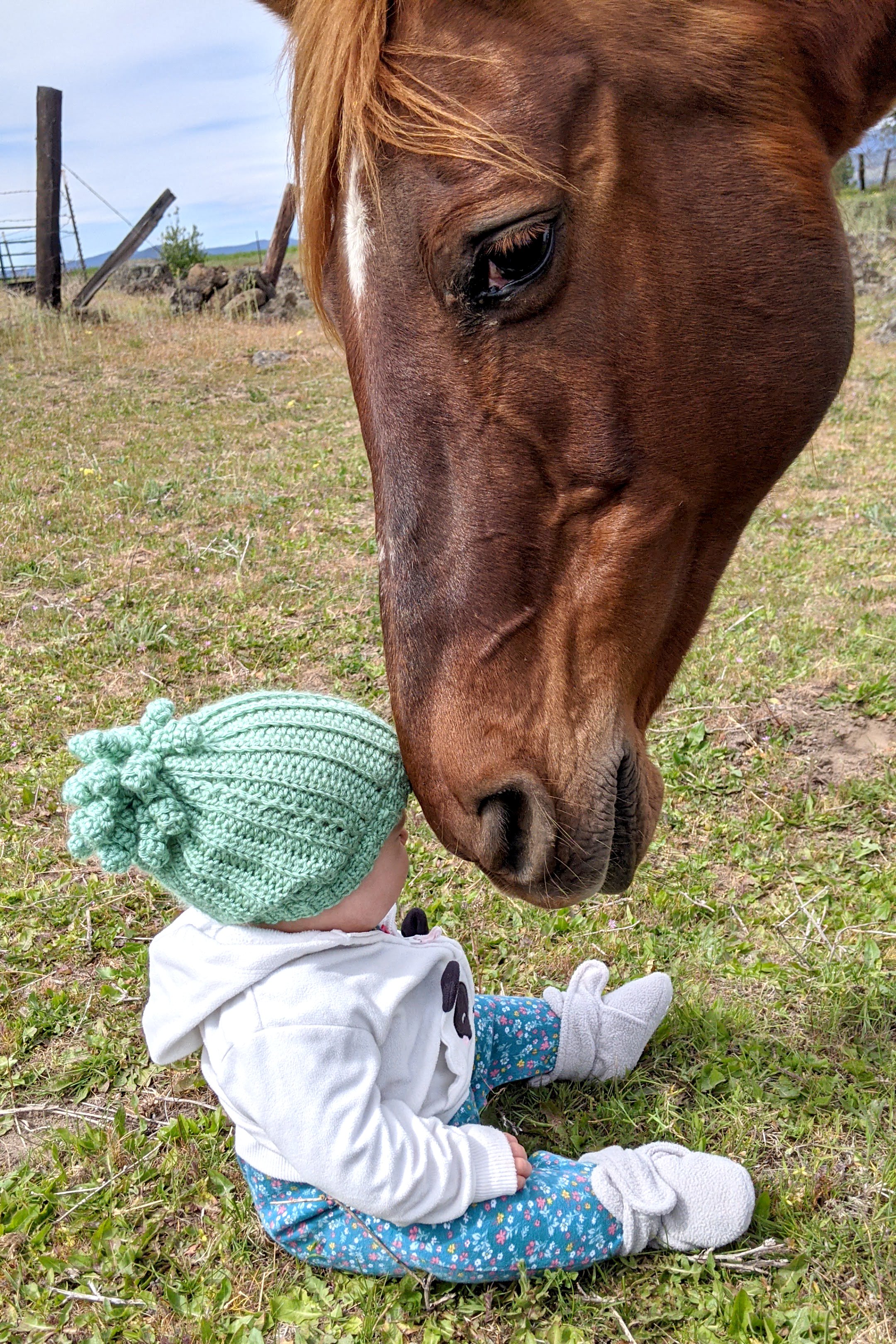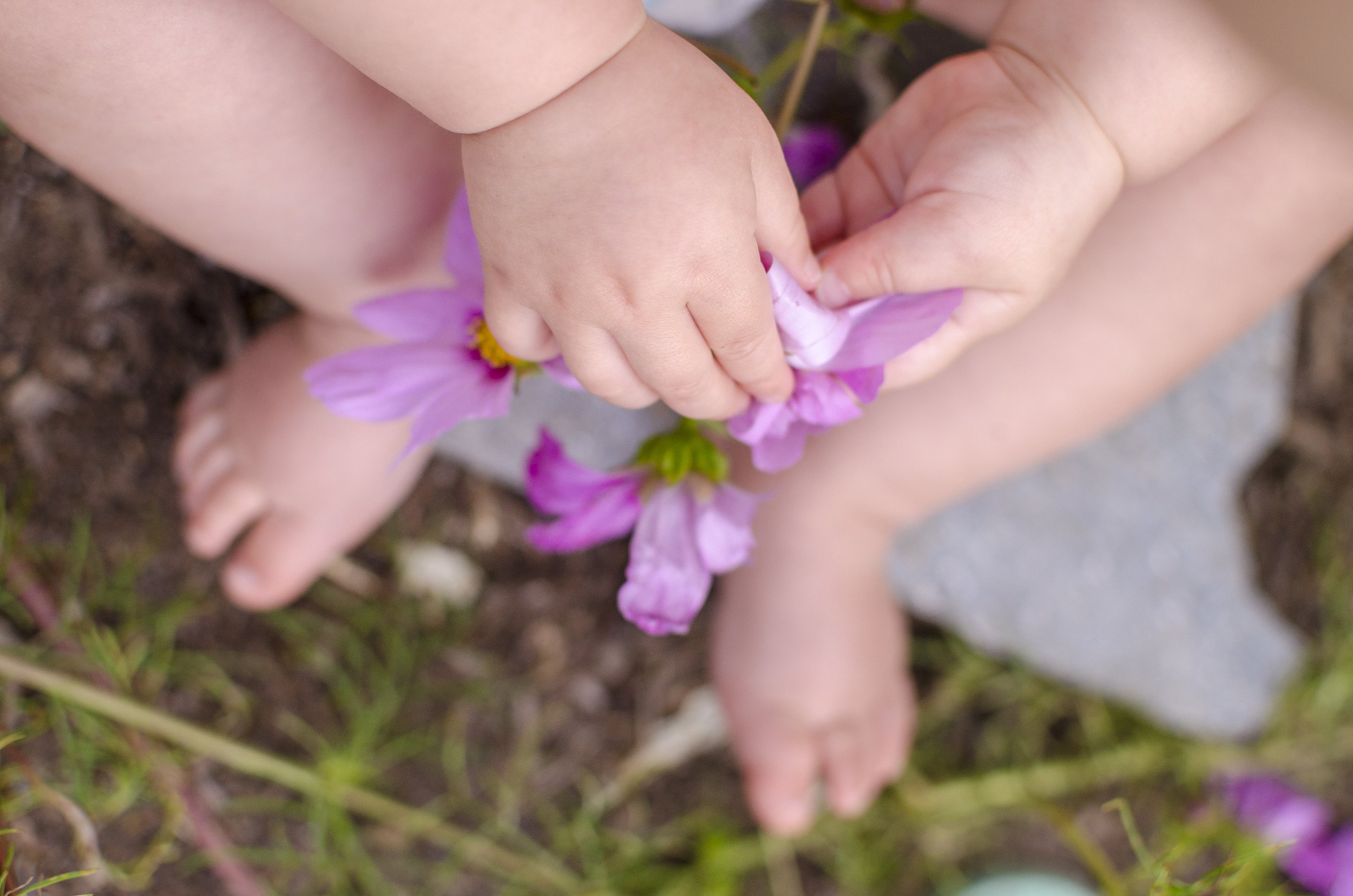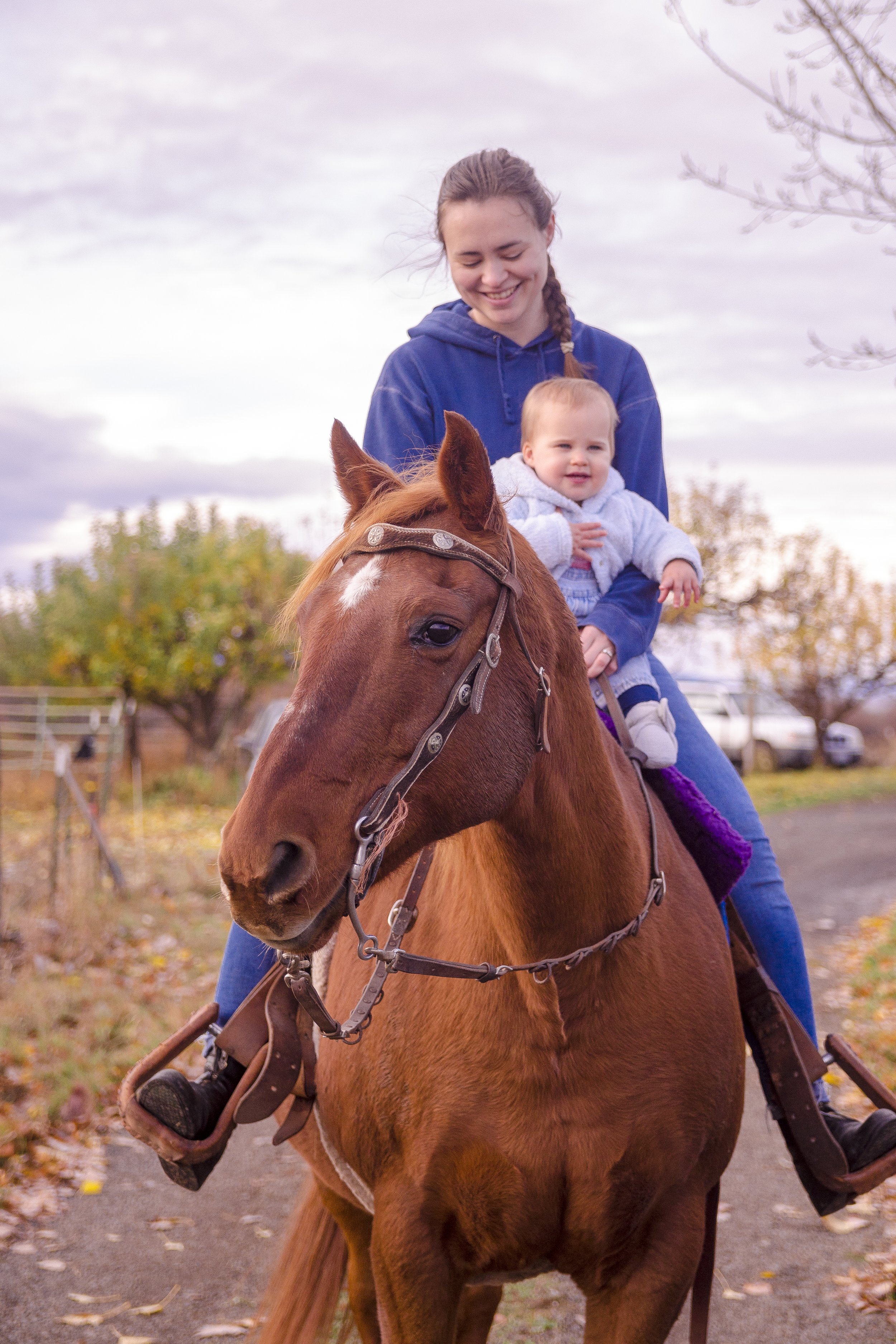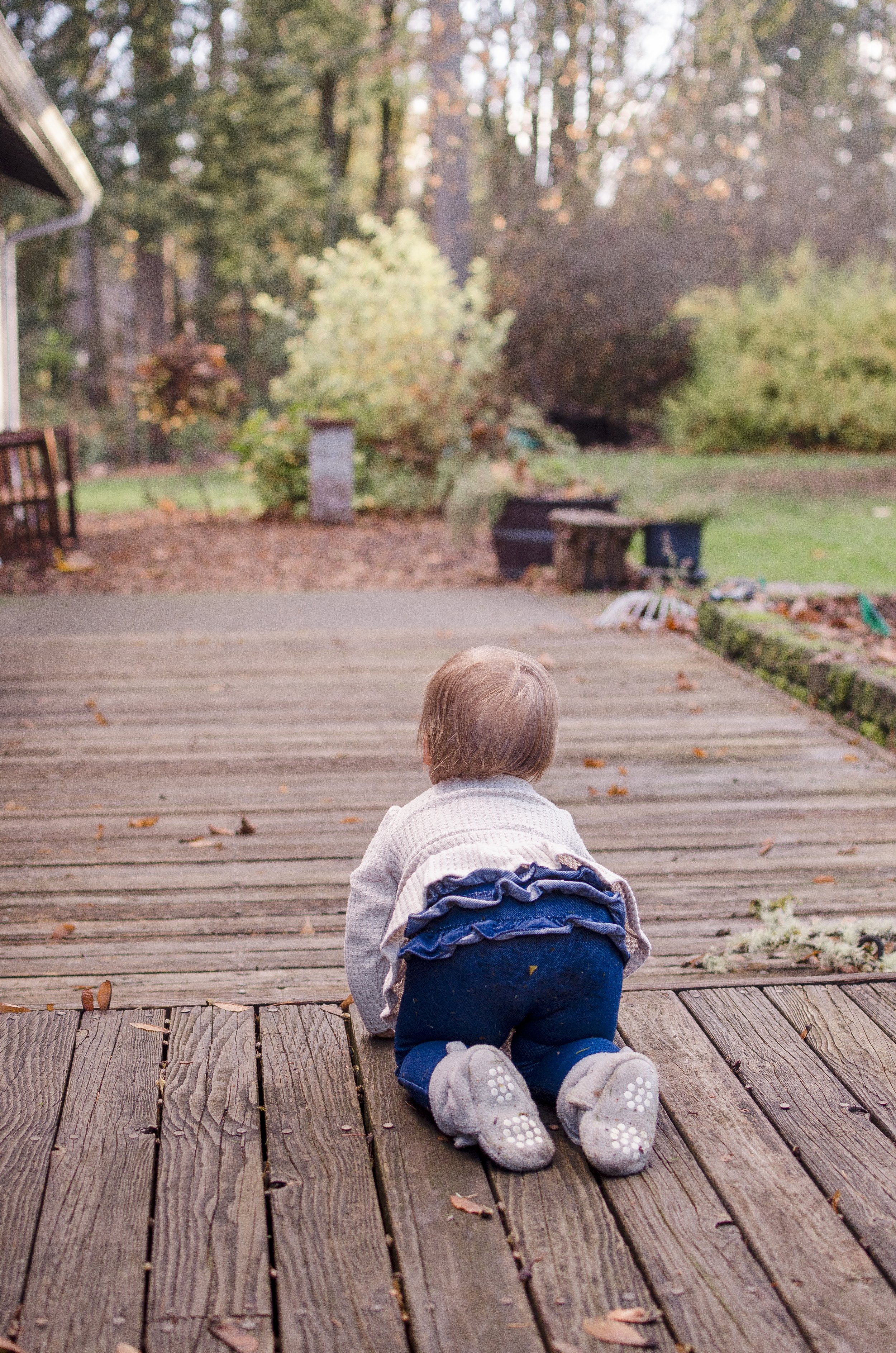One of the hardest parts of reading through the Bible for me and for many people, especially the first several books, is the question: Why didn’t God fix this?
There are laws permitting the ownership of slaves in Exodus. There are provisions given for jealous husbands to accuse their wives of adultery in Numbers, but no similar provisions for wives. Throughout the Pentateuch, we’re reminded many times over how helpless women were if they didn’t have a father or husband to provide for them—why? God could have made any laws He wanted for Israel; why didn’t He make laws that would set everyone free?
It’s a maddening reality to face: We have a God who is utterly omnipotent, and who yet rarely uses His omnipotence to snap His fingers and fix the things that need fixing, even if those things are perpetuating injustice and destroying lives.
What He does instead is far more subtle and, both fortunately and unfortunately, far less instantly effective.
There is no question that the patriarchal system in the Bible, and indeed in all of history, was oppressive to women (and anyone in a state of comparative powerlessness). From the moment Adam and Eve rebelled and God’s curse fell on them, this has been the woman’s lot:
I will intensify your labor pains; you will bear children with painful effort. Your desire will be for your husband, yet he will rule over you.
Genesis 3:16b HCSB
While the man’s struggle will be against the same earth from which he came—a struggle against Creation for survival which he must ultimately lose (Genesis 3:17-19)—the woman’s struggle will be against the very survival of the human race, and interlaced with her most vital relationships. Woman, who was created to be Man’s co-equal image-bearing Garden-keeper in the presence of God Himself, will find herself exploited, tyrannized, and made into little more than property by the one who was supposed to be her partner and protector.
And when the Law of Israel, written by the very finger of God, doesn’t rebuke that behavior and demand better for His daughters, it’s a difficult reality to stomach.
But here’s the truth: God is not a tyrant. He doesn’t make it His business to overthrow every evil regime, to instantly execute every sinful leader (though that does happen a few times in the Bible), to fundamentally alter human culture when it doesn’t reflect His values. Whether it was ridiculously stupid or ridiculously gracious, He gave the first humans a choice, and they chose.
Now they (we) are living with it.
What God does, instead, is write a legal system for Israel that encapsulates His vision for how His people could reflect His wisdom, even within their sinful nature and wrongheaded culture. He shines the light of true justice and compassion into the pitch-black of the Curse, and though that light doesn’t chase the Curse away completely (yet), it does reveal the first stepping stones on a path called “This is the way.”
Let’s return to the example of the jealous husband from Numbers 5.
The LORD spoke to Moses: “Speak to the Israelites and tell them: If any man’s wife goes astray, is unfaithful to him, and sleeps with another, but it is concealed from her husband, and she is undetected, even though she has defiled herself, since there is no witness against her, and she wasn’t caught in the act*; and if a feeling of jealousy comes over the husband and he becomes jealous because of his wife who has defiled herself—or if a feeling of jealousy comes over the husband he becomes jealous of her though she has not defiled herself—then the man is to bring his wife to the priest. He is also to bring an offering for her of two quarts of barley flour. He is not to pour oil over it or put frankincense on it because it is a grain offering of jealousy, a grain offering for remembrance to draw attention to guilt.”
The priest is to bring her forward and have her stand before the LORD.
Numbers 5:11-16 HCSB
*If she had been caught in the act by more than one credible witness, according to the Law of Israel both she and her fellow adulterer must be executed (Leviticus 20:10, Deuteronomy 17:7). Numbers 5 only applies if there is a possibility that the husband’s suspicion is unfounded.
This chapter goes on to outline the exact steps the couple must take, under the authority of the priest, to either convict or acquit this woman of her husband’s charge. She must let down her hair as a symbol of total openness to God’s searching eyes; she must hold in her hands the grain offering of remembrance; she must take an oath to drink the holy water, embittered by the dust of the tabernacle floor and the written curse-consequences of adultery, and let it act as the judge.
If guilty: “Her belly will swell, and her womb will shrivel. She will become a curse among her people” (Numbers 5:27b). In other words, she would be barren—which, for a woman in her time and place in history, may have been a more grievous punishment than death.
If innocent: “She will be unaffected [by the bitter water] and will be able to conceive children” (Numbers 5:28b). Her husband would not be penalized for putting his wife through this humiliating ritual (Numbers 5:31).
It’s difficult from our side of history to understand how this law could be pointing Israel in the direction of compassion and justice. It sounds like a law that props up the worst parts of the patriarchy—that hearkens back to the earliest days of the Curse, when Lamech can be found bragging about “taking” two wives for himself (Genesis 4:19) and “killing” a boy who struck him (Genesis 4:23).
But let’s imagine for a moment that Lamech came to believe one of his wives had been unfaithful to him with another man. How do you think he’d behave in that scenario, given the following speech?
Lamech said to his wives,
“Adah and Zillah,
Listen to my voice.
You wives of Lamech,
Give heed to my speech.
For I have killed a man for wounding me;
And a boy for striking me;
If Cain is avenged sevenfold,
Then Lamech seventy-sevenfold.
Genesis 4:23-24
Lamech is essentially the archetype for Man’s abusive rule after the Curse. He threatens and silences his two wives by bragging about his own power and cruelty. If he would kill a man for a nonlethal wound, or even murder a child in retribution for disrespect, to what lengths would he go to “avenge” a possible adultery in his marriage? If he became even slightly jealous that such a thing had occurred, wouldn’t you fear not only for the lives of his wives, but also for whomever he might suspect to be the other half of the crime?
Sadly, such behavior was pretty typical of the Near Eastern cultures contemporary with ancient Israel. In Mesopotamian law under King Hammurabi (1792-1750 BCE), the mere suspicion that a woman had committed adultery was enough to put her through an “Ordeal”—to throw her the river and let fate (or her swimming skills) decide whether she was innocent or guilty. If she survived, she was innocent; if she died, she deserved it. In short, the law treated her husband’s ego as more valuable than her life.
Can you see it now—the small, yet powerful, flicker of light in this darkness?
No, God didn’t carve into the Law, “Thou shalt not perpetuate the patriarchal Curse.” But He did say to His people, through rule after rule, “You do not have the right to take justice into your own hands. You do not have the right to oppress those who are socially ‘beneath’ you. You do not have the right to treat My people as less than people.”
In Numbers 5, what may look like an outrageously sexist law that leaves all the power in the husband’s hands is actually a stunningly gracious protection for women, particularly in its time. God knew that, right or wrong, husbands would struggle with jealousy over their wives, and so instead of allowing that tension to fester or leaving a void where the husband might feel free to arbitrate justice himself, God put in place a specific legal structure in which He could have the final word.
With God—who is not only compassionate and gracious, but also utterly pure and just—as the Judge, the woman had a certainty of being treated like her husband’s equal, a fellow image-bearer. She would be condemned or vindicated by the One who knew exactly what had transpired and whose perception was unclouded by jealousy, prejudice, or power dynamic. This law was more about creating a system where a wife could be declared innocent than it was about finding her guilty—as evidenced by the fact that the ritual only goes ahead with her cooperation (“And the woman shall say, ‘Amen, Amen,’” (Numbers 5:22b)).
And this system was not free of charge for the husband to use at will: he had to be able to pay the grain offering of remembrance along with his accusations; he had to be prepared to endure the publicity of the trial; and he had to be willing to accept that, if his wife was found guilty before God, he would lose the future of a family with her.
Like so many of Israel’s laws, this one did not cut the deep roots of the Curse that grip every one of us, but it did empower the men and women of Israel to exchange their divisive struggle against each other for a common struggle against the Curse. It opened the door for husbands to set aside their “rule” over their wives and let God be the deciding authority instead. Slowly, subtly, it began to teach God’s people how to envision a life defined by the vitality of God’s wisdom and the goodness of His ways, not dominated by sin and selfishness and shame.
The Bible and history and our day-to-day experiences tell us that God’s people have not learned this lesson well. When Christ came to be the perfect fulfillment of the Law, He found that good rules like this one had been twisted into hideous strongholds of merciless injustice by the power-hungry Jewish elite (Matthew 5:17-20), and sadly, the same can often be said of churches and other Christian institutions today. But the vision is still there, made clearer and better through Jesus—the vision of a Kingdom where the humblest is exalted highest, where weakness is strength, where the tiniest seed grows into the mightiest tree. This world’s poverty is that world’s riches. And God Himself is the Advocate of the powerless.
But God has never sought to pursue this vision by force. He will not tyrannize the Kingdom of Heaven into reality. Just as in the Garden of Eden He positioned humans as its “cultivators” and “keepers,” so He longs for us to invest with Him in this mission—to share with Him in the joy.
No, He doesn’t make a sweeping law that says, “Thou shalt not perpetuate the patriarchal Curse,” nor does He strike dead anyone who falls short. Rather, He invites us into the much slower, subtler, heart-level work of undoing, recreating, cultivating, and keeping. He shines the light and says “This is the way,” and then walks with us while we learn to follow the simple but narrow path that travels between the twin pillars of Law which bear up the foundations of the Kingdom:
“Love the Lord your God with all your heart, with all your soul, and with all your mind. This is the greatest and most important command. The second is like it: Love your neighbor as yourself. All the Law and the Prophets depend on these two commands.”
Matthew 22:37-40 HCSB



